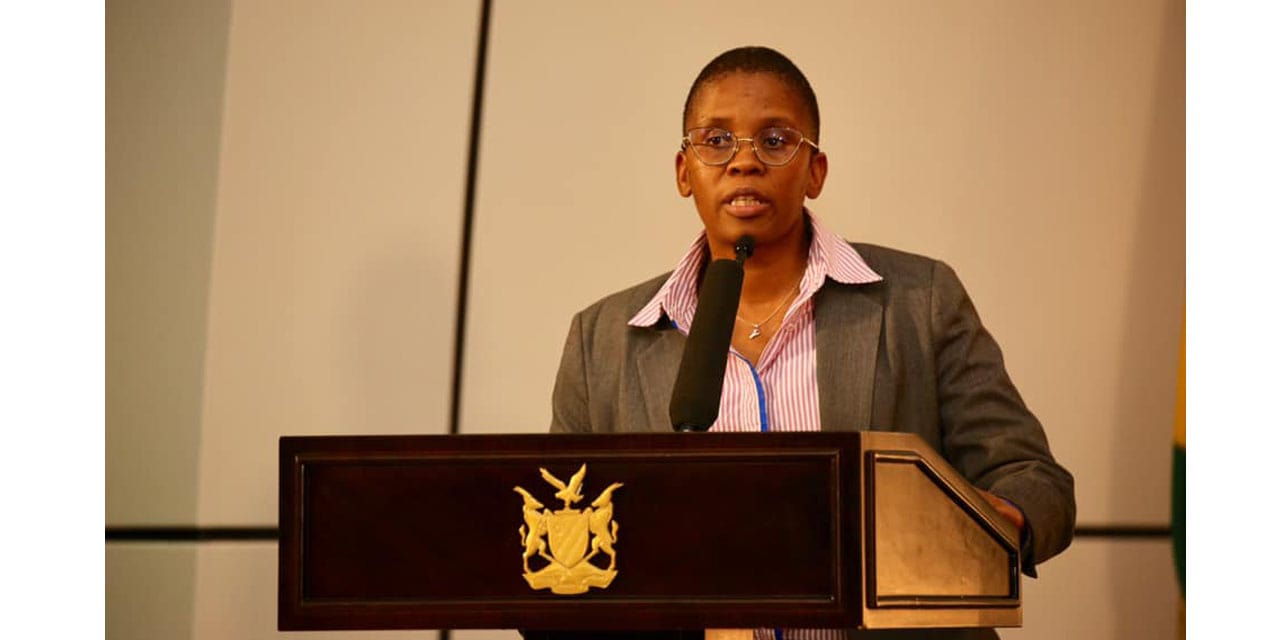Martin Endjala
Video recordings will be considered in trials as testimony in courts once the United Nations Commission on Crime Prevention and Criminal Justice amendments submitted by the Justice Minister is enacted into law.
This follows after Cabinet took note of plans to introduce the use of video recordings in trials to assist victims and witnesses in providing accurate testimonies.
The introduction will enhance the use of technology in courts around the country to provide for the digital end-to-end process.
The bill also aims to enhance the design and establishment of a peerless court system and live streaming of cases to be heard in public or open courts to save on time and cost to ultimately enhance access to justice and promote the principle of inclusivity. The Minister of Justice, Yvonne Dausab tabled a motion to introduce a bill to amend the criminal procedure Act of 1977, to provide broad powers to the police, Anti-Corruption Commission and judges in specified circumstances amongst many other proposed amendments.
The cabinet supports the fast-tracking of the creation of a pro bono mechanism to improve access to justice and the activities related to legal aid.
As a result, Cabinet directed the Ministry of Justice and the Namibian Correctional Services to engage the Office of the Judiciary for improved use of community service orders and the development of a law that authorises Magistrates to sentence a certain category of petty offences services.
During her motivational speech on the bill last week, Dausab said that these amendments provide Namibia with an opportunity to reflect on the effectiveness of the Prevention of Organised Crime Act 29 of 2004 and that the additional safeguards are intended to strengthen the normative framework.
The framework will improve the capacity of the institutional arrangements and ensure the Namibian people are the true beneficiaries.
The bill further seeks to ensure the speedy resolution of matters within the office of the Prosecutor-General to address the concerns raised by the relevant institutions and will ensure that Namibia continues to stand guard against corruption and organized crime.
Meanwhile, Member of Parliament and the National Unity Democratic Organization Chief Whip Josef Kauandenge welcomed the bill, adding that legal systems have evolved.
“What was practical and relevant in 1977 is not relevant today. The same Criminal Procedure Act of 1977, was also used by apartheid South Africa to apprehend, detain and imprison many people, simply because they dared to challenge the apartheid system.
How is it morally correct that a law that was used against Namibian people remains on the statute books since 1977? I don’t have a particular problem with your proposed amendments, but will these piecemeal amendments address the core problems we face in our justice system?” Kaundenge questioned.




